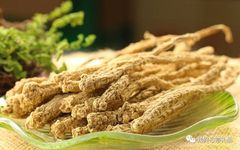As people’s living conditions improve, their demands for quality of life also increase, which is reflected in a greater emphasis on nutritional balance in their diets, ensuring better health. With so many health foods available, today we will discuss the benefits of Dang Shen (Codonopsis pilosula). Let’s explore its effects together.
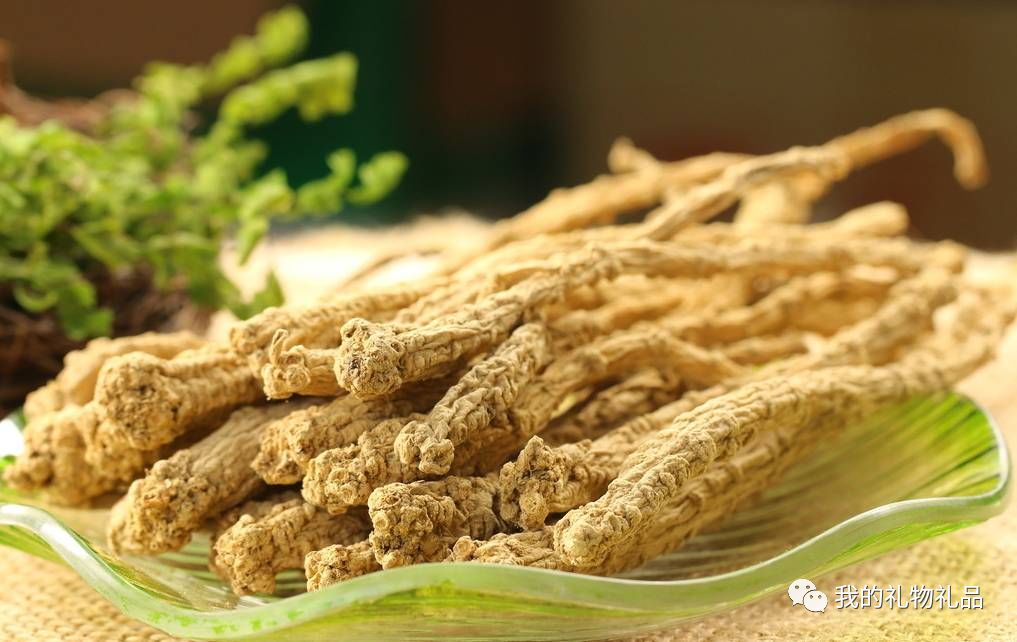
1. Differences Between Angelica, Astragalus, Salvia, Ming Dang Shen, and Dang Shen
Differences Between Ming Dang Shen and Dang Shen:
1. Different Families
Dang Shen belongs to the Campanulaceae family and is also known as Fang Feng Dang Shen or Huang Shen. Ming Dang Shen is a herb from the Apiaceae family, also known as Shan Luo Bo or Fen Sha Shen.
2. Different Appearances
Dang Shen is long and cylindrical, slightly curved, measuring 10-35 cm in length and 0.4-2 cm in diameter, with a surface that is gray-yellow, yellow-brown, or gray-brown, and has raised warty stem scars at the root, soft and flexible, with a fragrant and slightly sweet taste.
Ming Dang Shen is slender, cylindrical, spindle-shaped, or irregularly block-shaped, generally measuring 6-20 cm in length and 0.5-2 cm in diameter, with a surface that is yellow-white or light brown, hard and brittle, with a faint taste.
3. Different Effects
Dang Shen is neutral in nature and primarily functions to tonify Qi, benefiting the spleen and lungs, nourishing blood and generating fluids. It is generally used for symptoms of spleen and lung deficiency, such as poor appetite, fatigue, cough, and shortness of breath due to insufficient Qi and blood.
Ming Dang Shen’s main effects are to resolve phlegm; it is slightly cold in nature and can moisten the lungs, resolve phlegm, nourish Yin, and harmonize the stomach. It is suitable for symptoms such as cough due to lung heat, vomiting, dry mouth, red eyes, dizziness, and carbuncles.
Astragalus not only tonifies the spleen and Qi but also raises Yang and lifts sinking Qi, commonly used for Qi deficiency and fatigue, as well as for sinking middle Qi. Clinically, it is often combined with Dang Shen, Bai Zhu (Atractylodes macrocephala), etc., to tonify Qi and strengthen the spleen. Additionally, Astragalus can protect the Wei Qi, stabilize the exterior, and stop sweating, used for spontaneous sweating due to exterior deficiency. Furthermore, it can be combined with blood-activating herbs like Angelica, Chuanxiong (Ligusticum chuanxiong), Peach Kernel, Safflower, and Salvia for conditions like stroke, hemiplegia, and has the effect of tonifying Qi, activating blood, and unblocking channels.
Angelica is known for its blood-nourishing properties and is often combined with Astragalus, Dang Shen, etc., to treat blood deficiency and weakness. It also promotes blood circulation and is commonly used in gynecology to regulate menstruation, such as in the Si Wu Decoction for irregular menstruation, delayed periods, or scanty flow, often combined with Shu Di (Rehmannia glutinosa), Bai Shao (Paeonia lactiflora), and Chuanxiong. Angelica has excellent blood-activating properties and is widely used clinically for various conditions of blood stasis and pain. It both nourishes and invigorates blood, thus harmonizing blood, making it a key herb for treating blood disorders. Different parts of Angelica have slightly different effects; the root is used for blood nourishment, while the tail is used for breaking blood stasis.
Salvia has a very broad blood-activating and stasis-resolving effect, often used in combination with Chuanxiong to treat chest and rib pain, masses, as well as irregular menstruation, amenorrhea, and dysmenorrhea. Its properties are cold and cool, making it more suitable for blood heat and stasis conditions. Additionally, Salvia is commonly used to treat coronary heart disease and myocardial infarction.
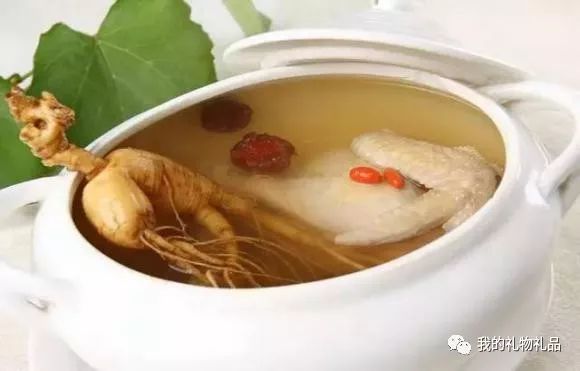
2. The Effects of Ming Dang Shen, Hong Dang Shen, and Stir-Fried Dang Shen
Ming Dang Shen has effects of moistening the lungs, resolving phlegm, nourishing Yin, harmonizing the stomach, calming the liver, and detoxifying. It is used for cough due to lung heat, vomiting, dry mouth, red eyes, dizziness, and carbuncles.
Effects and Functions of Hong Dang Shen:
1. Nourishing Blood and Generating Fluids
Dang Shen has the dual function of tonifying Qi and blood, suitable for conditions where Qi and blood cannot generate blood, or blood deficiency cannot transform Qi, leading to symptoms such as pale or sallow complexion, fatigue, dizziness, and palpitations. Additionally, Dang Shen’s Qi-tonifying effect can generate fluids, making it suitable for conditions of Qi and fluid deficiency, shortness of breath, thirst, and internal heat.
2. Strengthening the Spleen and Nourishing the Lungs
Dang Shen is sweet and neutral in flavor, primarily entering the spleen and lung meridians, having a similar but milder effect to ginseng in tonifying spleen and lung Qi. It can be used to treat spleen Qi deficiency, fatigue, and poor appetite.
Stir-Fried Dang Shen’s Effects and Functions:
1. Tonifying Qi
Stir-fried Dang Shen has a certain effect on enhancing Qi, as it can replenish the Qi and blood in our body. It is often combined with other herbs, such as Fu Ling (Poria), to support our gastrointestinal health and enhance Qi.
2. Enhancing Immunity
Stir-fried Dang Shen also has a certain effect on enhancing our body’s immune capacity, helping to improve our resistance to diseases and bacteria, and can help us resist various diseases. Therefore, regularly consuming stir-fried Dang Shen is very beneficial for enhancing our disease resistance and protecting our health.
3. Protecting Blood Vessels
Stir-fried Dang Shen has good effects on protecting our blood vessels, as it can help dilate blood vessels, increase blood flow, promote circulation, and has good effects on lowering blood pressure and blood lipids, improving our blood pressure conditions and protecting blood vessels, even preventing cardiovascular diseases.
4. Gastrointestinal Health
Stir-fried Dang Shen is very good for gastrointestinal health, helping to treat spleen and stomach diseases or alleviate symptoms of spleen and stomach deficiency, especially in cases of significant Qi and blood deficiency, such as postpartum hemorrhage or conditions caused by menstruation and diarrhea, having good therapeutic and alleviating effects.
3. Which is Better for Qi Supplementation: Dang Shen or Tai Zi Shen? Effects of Soaking Dang Shen and Bei Qi in Water
Both Tai Zi Shen (Pseudostellaria heterophylla) and Dang Shen have Qi-tonifying effects. However, in terms of Qi supplementation, Tai Zi Shen is slightly weaker than Dang Shen. Due to the different medicinal properties of both, it is important to choose based on individual needs.
The effects of Tai Zi Shen include tonifying Qi, strengthening the spleen, generating fluids, and moistening the lungs, suitable for symptoms of lung deficiency, fatigue from prolonged illness, and dry cough due to Yin deficiency. Additionally, Tai Zi Shen has effects of enhancing immunity, relieving cough, combating fatigue, and delaying aging.
Although Tai Zi Shen and Dang Shen are both Qi tonics, Tai Zi Shen is characterized by its gentle tonifying properties, benefiting Qi without generating heat, generating fluids without promoting dampness, supporting the righteous Qi without nurturing the evil, and tonifying deficiency without being harsh. Its potency is slightly weaker than that of Dang Shen, and in clinical applications, it may sometimes need to be combined with other Qi-tonifying and fluid-generating herbs to enhance its efficacy.
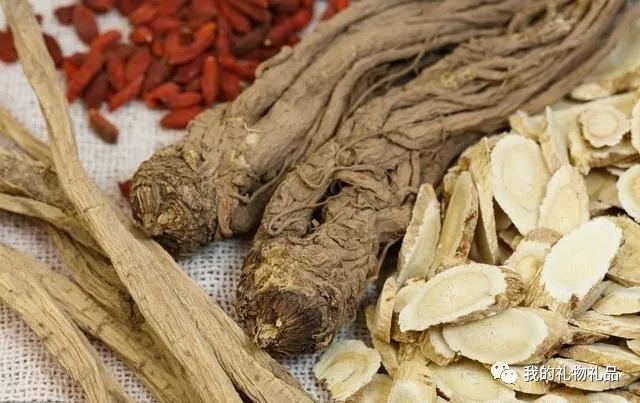
Dang Shen has various effects, including regulating blood sugar, promoting hematopoiesis, enhancing immune function, and anti-ulcer effects. However, Dang Shen’s potency is weak, lacking the ability to stabilize Qi and rescue from collapse, and is often used for mild and chronic conditions. High-quality Dang Shen, in my opinion, is from Yikangde, known for its high quality, good medicinal properties, and cost-effectiveness. Of course, you can choose based on your preferences.
Effects of Soaking Dang Shen and Bei Qi in Water:
Astragalus, also known as Mian Qi, is a perennial herb that has excellent effects in enhancing immune function, protecting the liver, and promoting diuresis, as well as in anti-aging, stress resistance, and blood pressure reduction. This is why it is used in medicine. Dang Shen also has good medicinal effects, beneficial for tonifying Qi, stopping cough, and strengthening the spleen and lungs.
4. Prices of Miao Dang Shen, Lu Dang Shen, and the Effects of Lu Dang Shen
There are many varieties of Dang Shen, including Ye Tai Dang, Miao Dang Shen, Chuan Dang Shen, Lu Dang Shen, Fang Dang Shen, Shang Dang Shen, Tiao Dang Shen, and Dong Dang Shen.
Currently, the market price of Dang Shen ranges from 20-40 yuan per pound, but prices vary depending on the variety, specifications, and origin of the Dang Shen.
Effects of Lu Dang Shen:
1. It can regulate gastrointestinal function, improving the efficiency of the gastrointestinal tract, especially in improving gastrointestinal dysfunction.
2. It can enhance the body’s immune function, especially accelerating hematopoiesis.
3. It can enhance the body’s resistance, helping to excrete many toxins and harmful substances.
4. It can replenish Qi, nourish blood, strengthen the body, and improve spleen and stomach function.
5. Dang Shen can effectively prevent cough and alleviate weakness in speaking, making it very beneficial for those with lung issues.
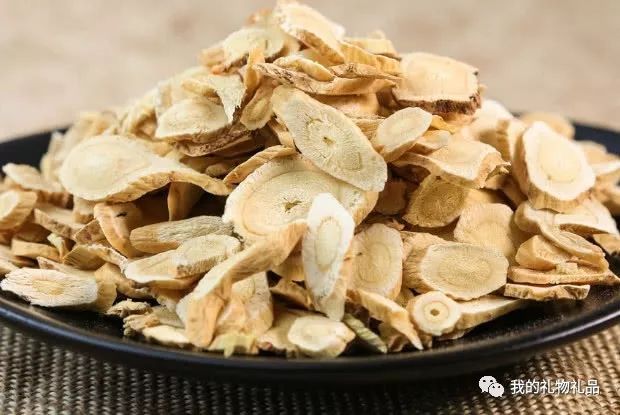
Lu Dang Shen has many nutritional benefits and is good for promoting health. After learning about the nutritional effects of Lu Dang Shen, you should have a better understanding of it, especially since Lu Dang Shen can be taken with other herbs, such as Mai Dong (Ophiopogon japonicus), which helps regulate blood pressure and effectively treat cough. Long-term use of Lu Dang Shen is beneficial for enhancing resistance, and those who frequently cough can take Lu Dang Shen for relief.

